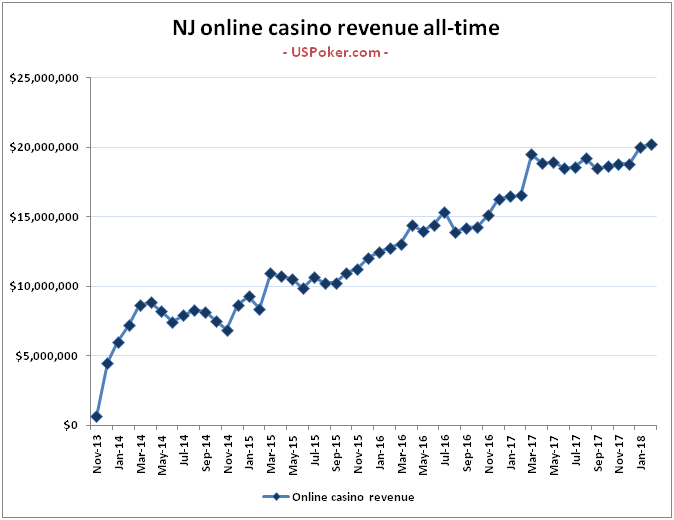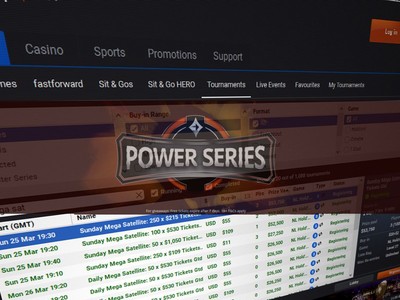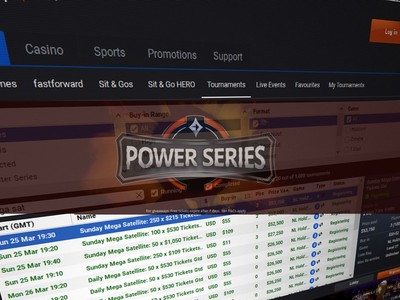A Louisiana Senator has introduced a bill seeking to legalize online gambling in the state’s current legislative session. But don’t expect a state still digging itself out of the past when it comes to gambling to embrace the future anytime soon by adopting it.
The legislation won’t exactly make online gambling legal. It just allows parishes across the state to put an online gaming referendum on the ballot. Even then, if the majority of parishes do so, and Louisiana voters get behind the idea, laws authorizing online gambling in the state won’t become effective until January 2020.
The truth is, Louisiana needs the time. Mostly because it still has a long way to go before it gets anywhere near modern when it comes to gambling altogether.
The good news is, it appears to be ready to start working its way towards that point.
Mississippi Riverboat casinos
Legal casino gambling came to Louisiana in 1991. Like a number of other states along the Mississippi River and its tributaries, including Illinois, Indiana, Mississippi and Missouri, casino gambling came in the form of Riverboat Casinos.
Forcing the gambling industry onto 19th century-style paddle steamers cruising up and down the Mississippi was meant to evoke images of Mark Twain and a fondly remembered bygone era in the South. It was also a way of limiting the size and scope of the industry to something more manageable than widespread legal casinos.
Unfortunately, it never really worked out the way anyone intended.
The floating casinos quickly discovered business went South every time the boats set sail. First, they started coming up with every excuse they could to stay in port.
Then, when it became clear the boats weren’t too keen on leaving the docks and were doing everything they could to skirt around the laws forcing them to, legislators ditched the sailing requirements.
Louisiana also saw fit to authorize the opening of a single land-based casino in New Orleans. Plus, three native-run land-based casinos opened up across the state.
None of the 15 riverboat casinos still operational in the state leave the dock anymore. Requirements, including those ensuring gambling takes place on the water and the boats are fit for cruising, are just formalities. Formalities that serve only to keep Louisiana gambling stuck in the past.
Play At Golden Nugget Now With Free Signup Bonus
-
 Visit GoldenNugget
Visit GoldenNugget
- $20 Free100% UP TO $1000
- Golden Nugget ReviewOverall Grade A
- Bonus A+
- Games A
- Support A
- Banking B+
The future of Louisiana gambling
Alongside online gambling legislation, Louisiana lawmakers are also considering a bill seeking to change all that during this legislative session.
The bill authorizes the casinos to build modern gaming facilities on land within 1,200 feet of the boats. It will still limit the industry’s size and scope. However, those pointless water-based requirements will end. Things like having an operational paddle-wheel on a boat that’s clearly are never going anywhere.
Lawmakers will also be considering easing the restrictions on truck stops that operate video poker rooms across the state. Plus, the four racetracks in Louisiana that have slots are asking lawmakers to give them the right to offer table games and video poker.
Additionally, Harrah’s Casino, that New Orleans land-based casino mentioned previously, wants to extend the contract giving it a monopoly on land-based casino operations. It’s also asking for permission to build a second hotel and open up a food court.
Taking Louisiana from the past into gambling’s future won’t be easy. These are all contentious propositions that will be debated at length. Issues that’ll need to be dealt with long before online gambling is seriously considered.
There is hope for online gambling in Louisiana’s future. Just not now, as it has to get out of the past first.
The post There’s Hope For Louisiana’s Gambling Future, If It Ever Gets Out Of The Past appeared first on Play USA.








